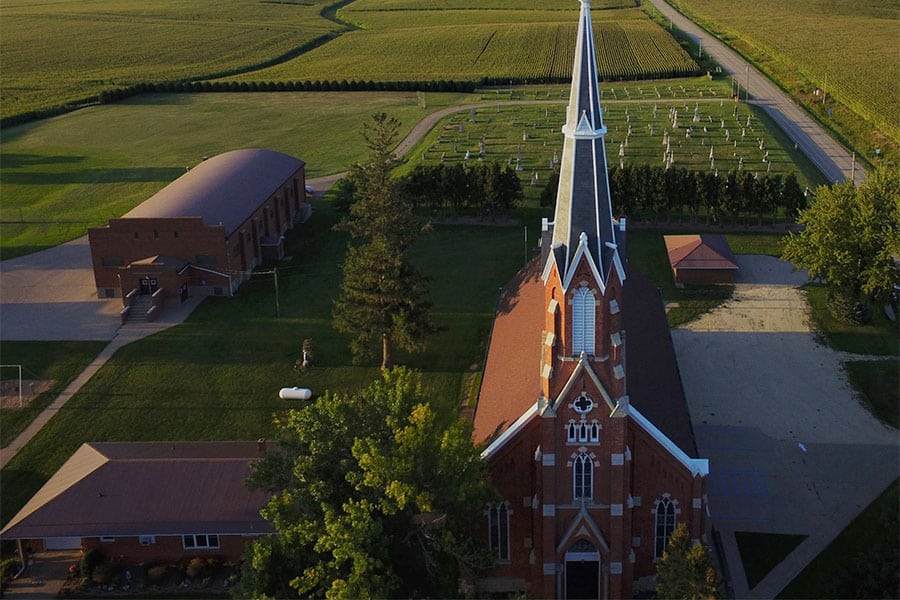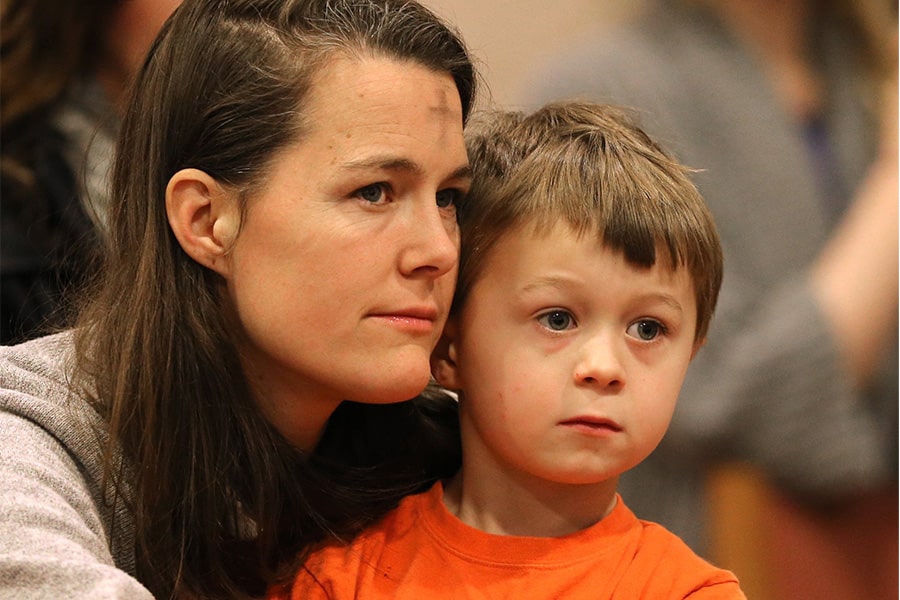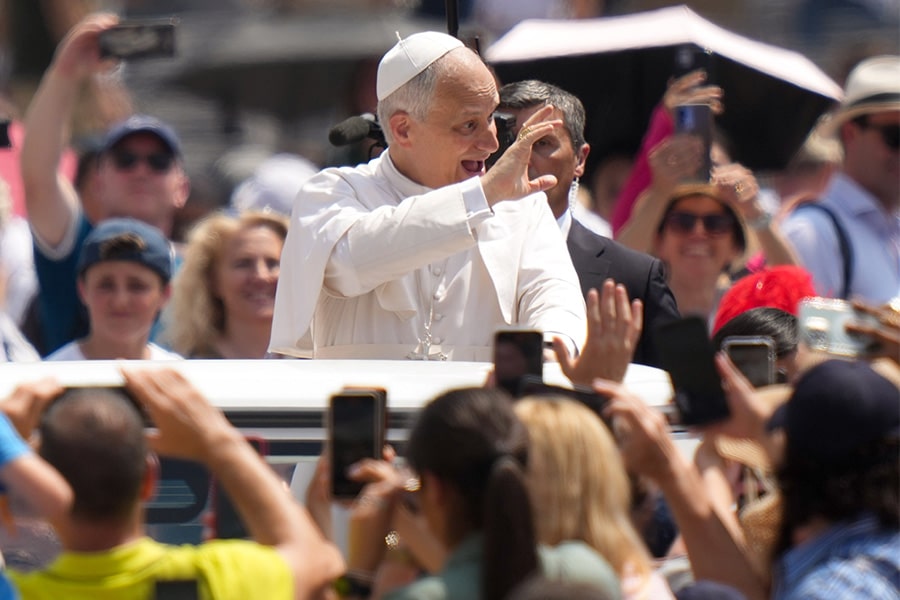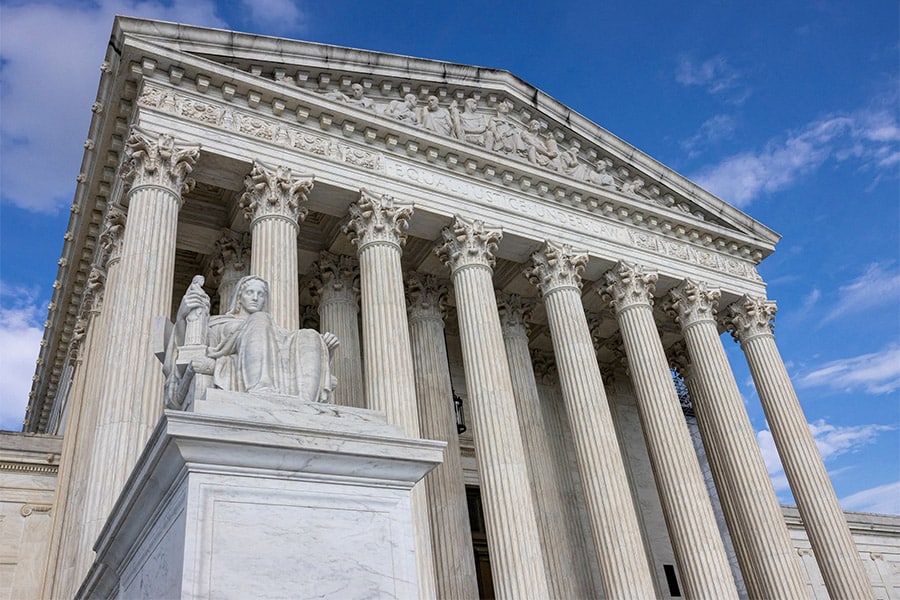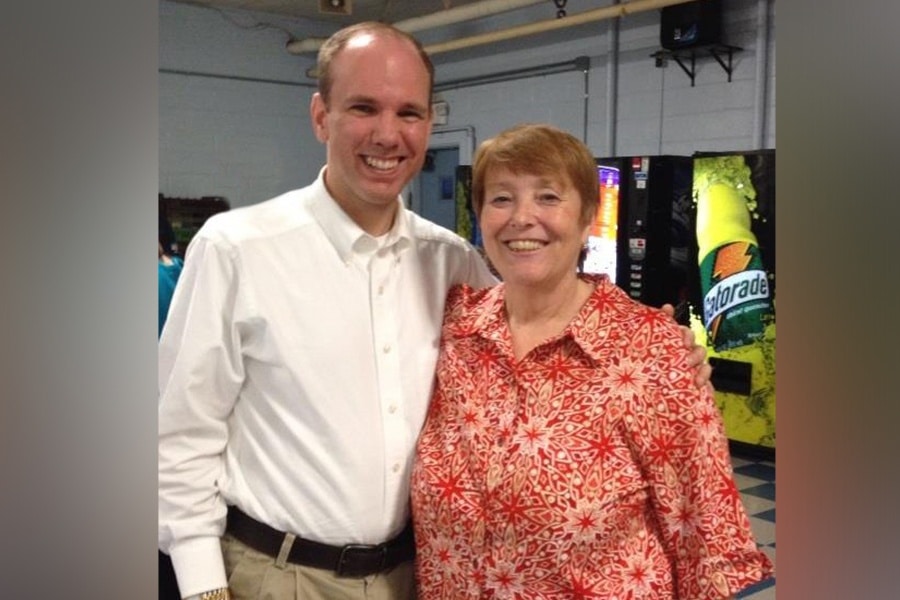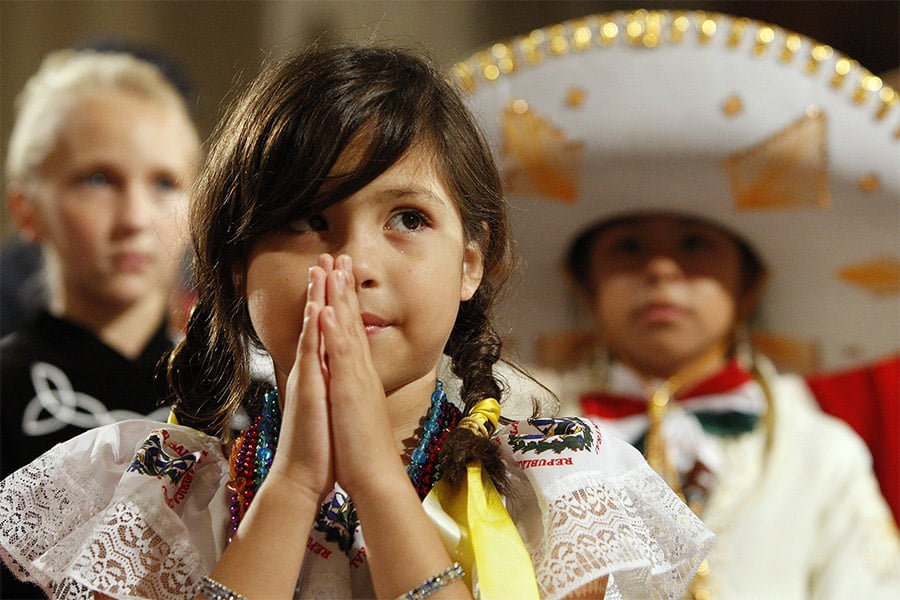What does it mean to receive Jesus Christ in the Eucharist? How are our lives to be changed from such an encounter?
The fruits of the Eucharist are many. They bring about a unity in diversity, wherein each member of the body — responding to grace — can live unique and compelling eucharistic lives. The list is long, but I’m inclined to think St. Paul should be at its top.
While St. Paul is chiefly known to most of us for his letters — which make up nearly half of the New Testament, and from which the church is taught Sunday after Sunday — Paul’s influence and reach cannot be underestimated. Not only is he one of the most significant and important Christians in our history, but also arguably one of the most influential persons in human history.
Paul’s experience with the risen Christ on the road to Damascus led to the conversion of this one-time persecutor of Christians. That encounter Paul had with Christ was so real, in his view, it was no different than the encounters Christ had with the Twelve while in their midst. Paul’s unique experience shaped and informed the early church so significantly, that Paul himself has become regarded as the “Thirteenth Apostle.”
Paul came to know in his experience on the road to Damascus that his persecution of Christ’s followers was a persecution of Christ himself. The nascent Christians that Paul once wanted to extinguish were one with Christ, members of his body by baptism, a bond strengthened and intensified through reception of his body in the Eucharist. “Whoever eats my flesh and drinks my blood remains in me and I in him” (Jn 6:53-56).
Paul’s encounter with the risen Lord not only resulted in his conversion but also his efforts to both increase the membership of Christ’s body and teach about the ramifications of the new life that incorporation brings. Paul’s aim was to build up a community of believers who lived like they had “put on the Lord Jesus Christ” (Rom 13:14). This is what shaped and motivated the impressive missionary undertakings in his desire to proclaim the Gospel to the Gentiles. All of this made Paul’s encounter with Christ something rooted in a tremendous Eucharistic faith.
Paul believed to the core of his being that the Eucharist is Christ’s very body and blood — of whom he encountered and who dwelled in him. He proclaimed and taught that Christ’s Eucharistic presence is real. Illustrating this, he wrote: “The cup of blessing that we bless, is it not a participation in the blood of Christ? The bread that we break, is it not a participation in the body of Christ?” (1 Cor 10:16). Not only is Christ’s Eucharistic presence real for Paul, but by our eucharistic encounter with Christ he comes to dwell in us, he changes us, he is united with us. By the Eucharist, we are Christified. So real is our incorporation into Christ’s body, Paul wrote, “I have been crucified with Christ; yet I live, no longer I, but Christ lives in me” (Gal 2:19-20).
St. Paul’s own martyrdom brought to completion a life lived completely in and for Christ. Paul exhorts Christians to give Christ “glory in the Church” (Eph 3:21), which means we are all called to give witness to Christ by our lives. While some might be called to do so to the extent of offering their very life by dying for Christ and the church, we are all called to offer our lives to him and in his service.
Like Paul, then, we can live as eucharistic witnesses by offering all of ourselves, as Paul put it, “as a living sacrifice, holy and pleasing to God, your spiritual worship” (Rom 12:1). This is Christification; this is Christ living in us.
Read More Commentary
Copyright © 2024 OSV News


